
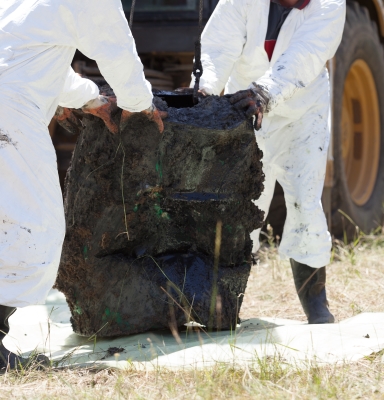
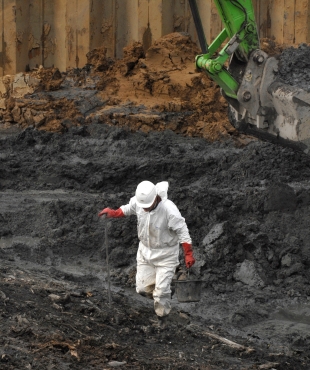
For soil decontamination in Montreal, trust S.A.P. EXCAVATION.
With 20 years of experience in soil rehabilitation, our work complies with MELCCFP regulations, whether it's in-situ decontamination or the transport of contaminated soil to a treatment facility.
The company’s founder holds a general and specialized excavation contractor license from the Régie du bâtiment (license no. 5651-9432-01). We are authorized to demolish contaminated or non-contaminated structures and excavate more than 12 feet below building foundations.
We use the traceability tool provided by the Ministry of the Environment to monitor all movements of contaminated soil under the Regulation on the Traceability of Excavated Contaminated Soil.
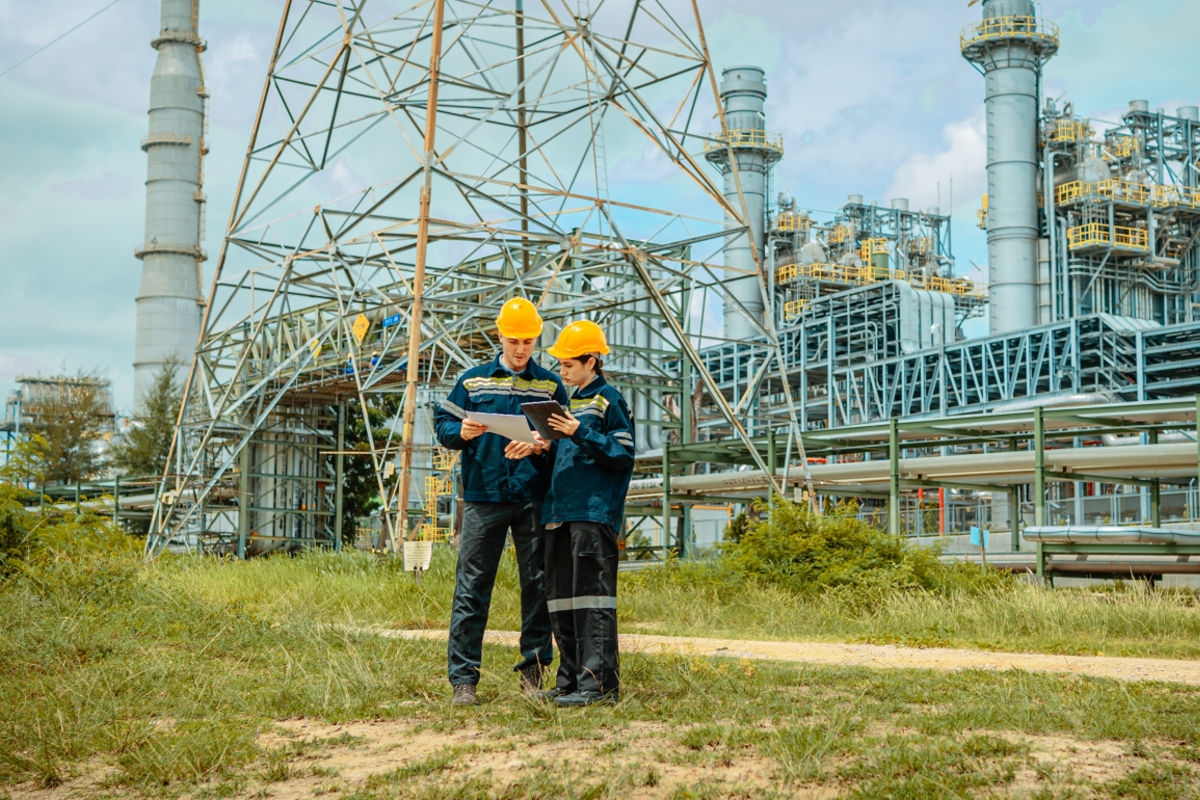
Are you the owner of a residential, commercial, agricultural, or industrial property you wish to sell?
Is your company or industrial operation shutting down?
Are you an environmental engineer looking for a decontamination contractor with real expertise?
Are you planning to purchase land that requires compliant soil?
Choose S.A.P. EXCAVATION. Our team provides efficient, customized decontamination for your contaminated site.
At S.A.P. EXCAVATION, we understand the importance of restoring contaminated sites to protect public health and the environment.
Our decontamination services (Phase 4 of soil rehabilitation) involve efficient solutions for excavation, transport, backfilling, and site restoration.
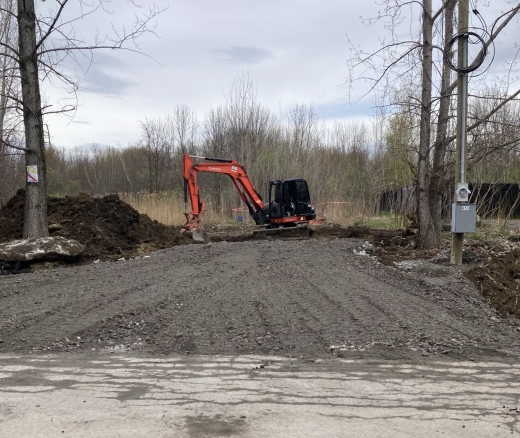
Before starting major construction or selling your property, a thorough assessment of soil conditions is essential.
Contaminated soil can delay your project or cause serious interruptions.
By entrusting us with your site, you ensure a safe, timely decontamination process.
Professional soil decontamination helps preserve the structural integrity of buildings, the physical well-being of occupants, and the smooth progress of future renovation work. Additionally, your land will regain its legal compliance and market value.
Our soil traceability system ensures compliance with environmental standards and reduces risks to your site and the surrounding environment.
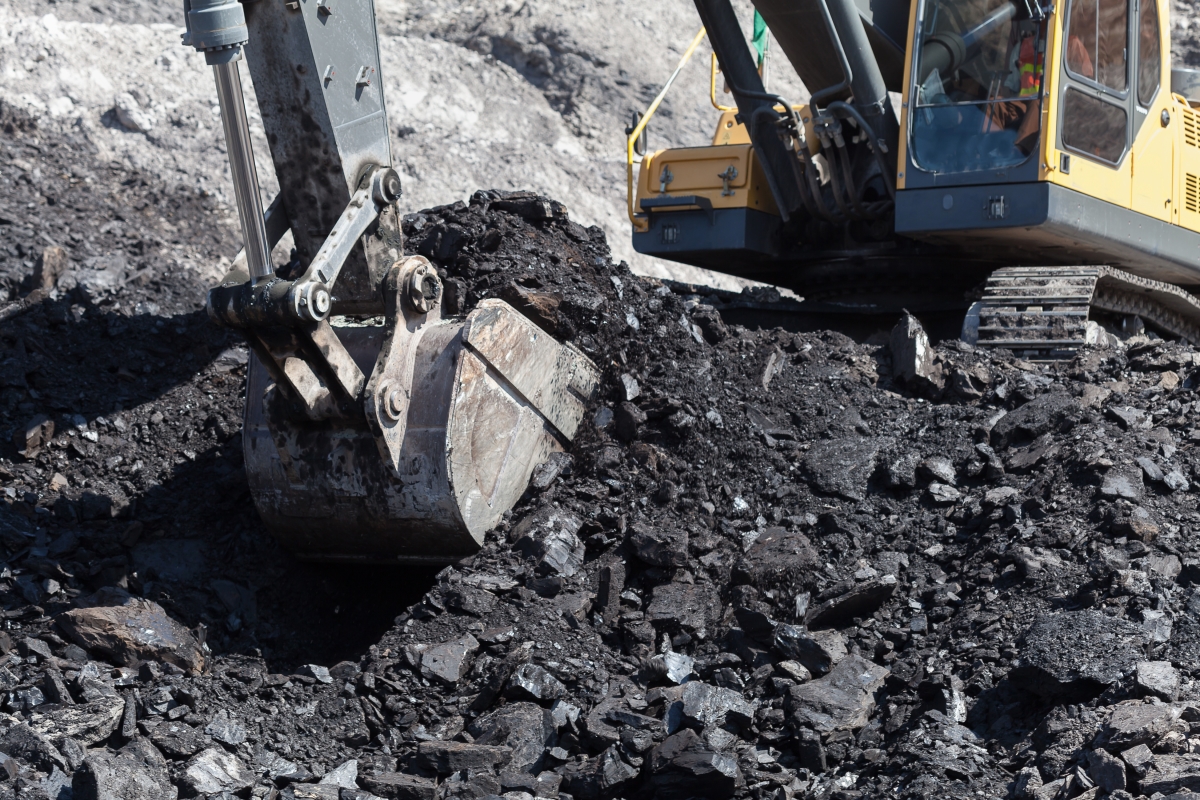
If fuels are present in the soil (hydrocarbons, fuel oil, diesel, heating oil, etc.), our team responds quickly. We decontaminate by excavating the soil and transporting it safely by truck to an authorized treatment site.
We can also temporarily store contaminated soil or materials in piles on-site for later in-situ treatment.
These piles are usually covered to limit rainwater infiltration and toxic dust emissions. If necessary, we install impermeable membranes beneath the stored materials.
After treatment, we backfill the excavated area with either treated or compliant soil. We then restore the land through leveling, asphalt paving, or sod installation.
Our excavation services for soil decontamination may also include structural underpinning when working beneath foundation footings.
In the case of saturated zones (below the water table), excavation is also possible, but groundwater management will be required.
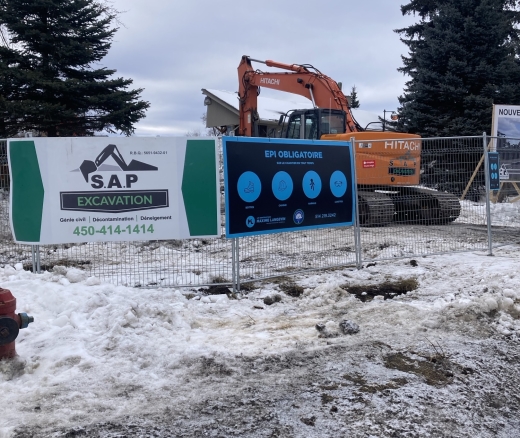
Before we begin any excavation work for soil decontamination, the environmental engineer must first conduct a soil characterization and indicate the contamination level (class AB, BC, C+, or resc soil).
They must also determine the depth and extent of the contamination, outline the limits of the affected area, and indicate the location of surface and underground infrastructure.
The volume of soil to be decontaminated and its moisture content must also be specified.
We also need to know whether groundwater needs to be pumped (if contaminated), whether excavation will occur below the water table, and whether underpinning is required beneath building foundations.
Slightly or non-contaminated soil that can be used without restriction for residential, sensitive recreational (such as areas frequented by children), and institutional purposes.
Contaminated at the acceptable limit, these soils may be used in residential and institutional areas, including parks, schools, and daycares.
Contaminated soil that can be used in commercial and industrial settings, or for low-sensitivity recreational use. To be used on residential or institutional land, or for sensitive recreational use (children’s parks, schools, daycares), it must first be decontaminated to an acceptable level.
These soils are contaminated beyond the authorized threshold and must be decontaminated until they meet compliance standards.
These soils must be treated at their origin site before being transported to an authorized landfill. This soil class is subject to the Regulation on the Landfilling of Contaminated Soil (Resc).
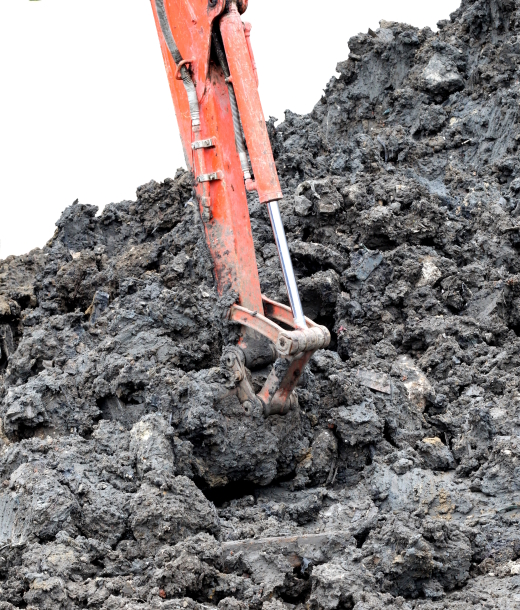
When legally mandated (e.g., upon reuse or cessation of a company’s activities).
Following an accidental hazardous material spill.
During the purchase or sale of land.
When a municipality undertakes infrastructure repair work.
Excavating contaminated soil using a traceability system is an effective method for safe removal and treatment.
However, selecting an excavation company with proven expertise in soil decontamination ensures optimal long-term performance.
Using improper backfill material—such as frozen, poorly compacted, or inadequate soil—can lead to geotechnical instability or long-term differential settlement.


Contact S.A.P. EXCAVATION today to discuss your soil decontamination project in Montreal or a nearby city.
You can reach us at (450) 414-1414 or email us at info@sapexcavation.com.
Free Estimate Contact Us